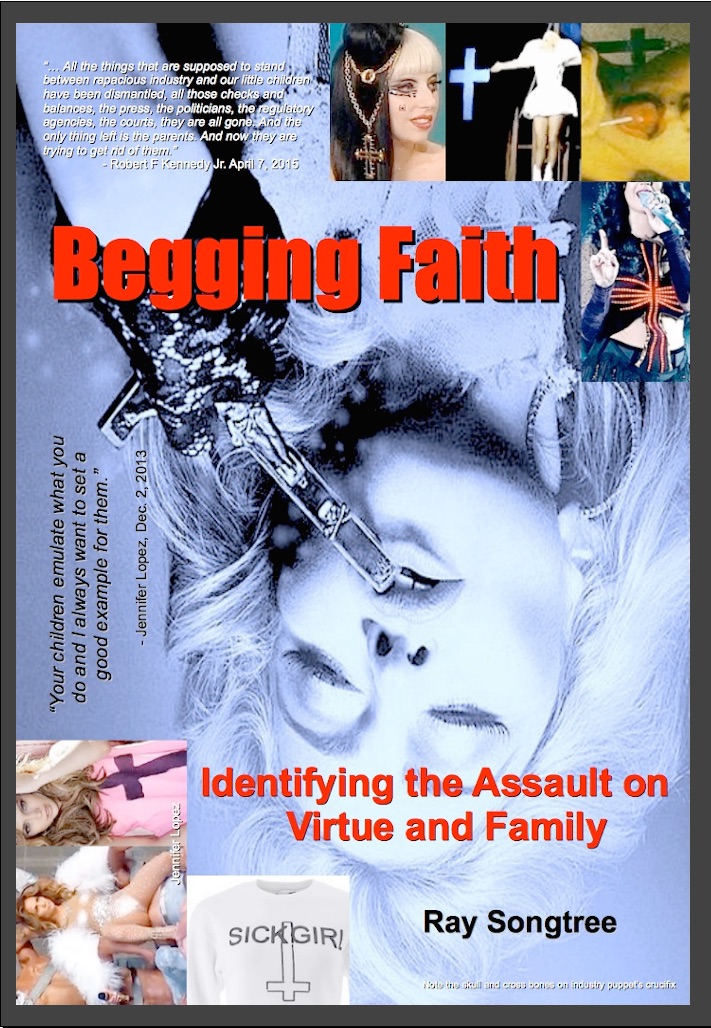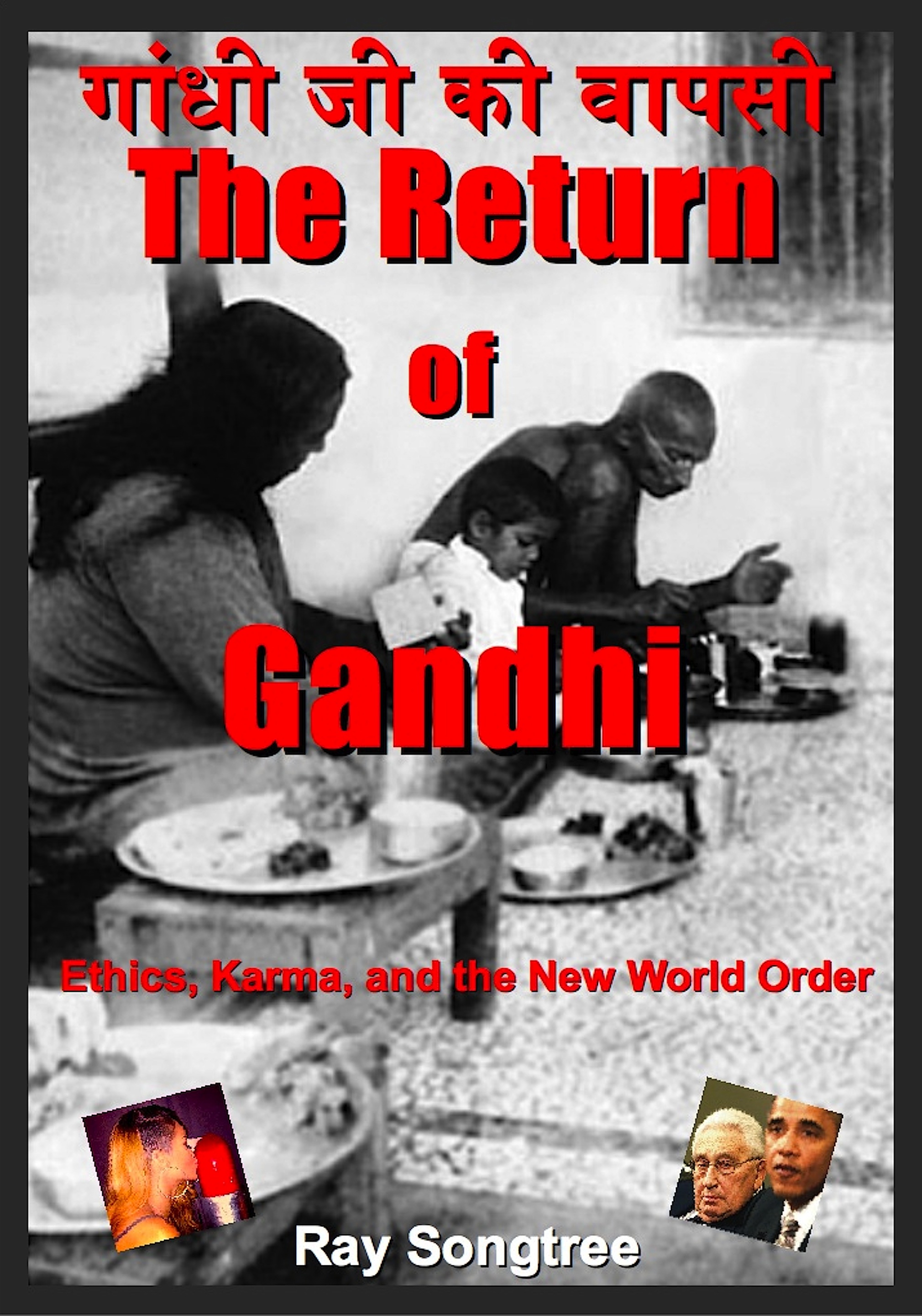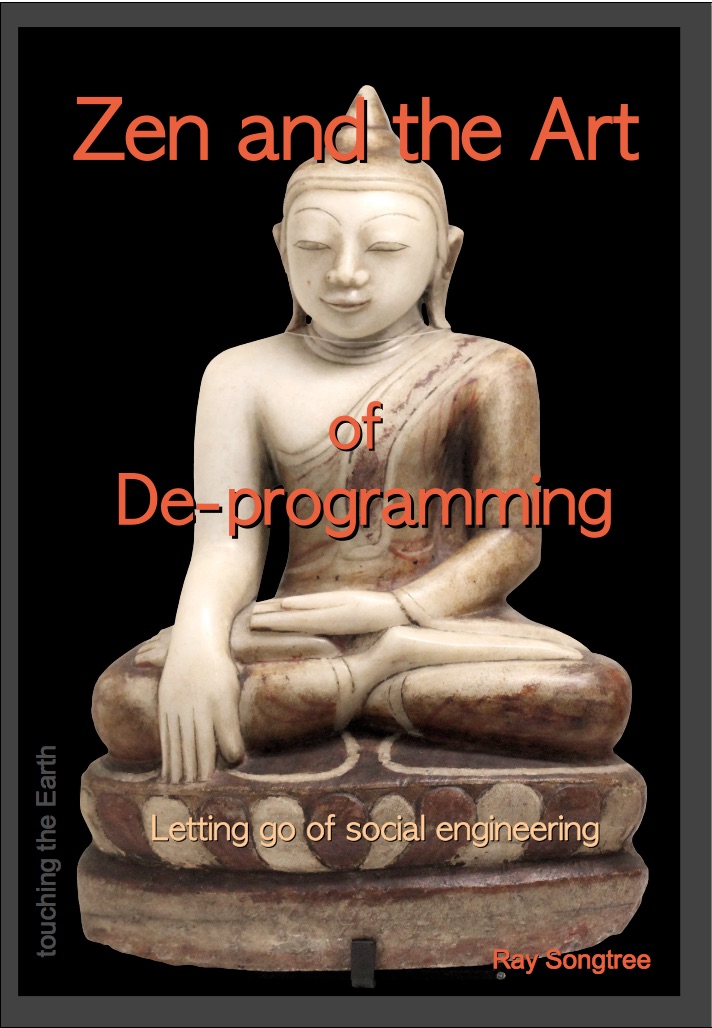The following is excerpt from the introduction for the Vatican conference from their pdf .
[Brackets and emphasis are mine.]
WORKSHOP ON BIOLOGICAL EXTINCTION
JOINTLY SPONSORED BY THE PONTIFICAL ACADEMY OF SCIENCES AND PONTIFICAL ACADEMY OF SOCIAL SCIENCES
27 February-1 March 2017 | Casina Pio IV | Vatican City
….. Our ancestors soon spread out of Eurasia and by something like 12,000 years ago, had occupied all of the continents. By about 30,000 years ago they had conquered and killed all other forms of humans that had reached the Northern Hemisphere earlier.
[The official story does not explain evidence of extraterrestrial influence, of channeled scriptures such as Bible or Sanskrit, or of present day back engineered space craft. The official story paints picture of random evolution without external imputs.]
For some tens of thousands of years after they reached Eurasia, humans lived as hunter gatherers. During that time they certainly began to make artistic works, weapons, musical instruments, and the like, but since they kept moving in search of food, carrying their babies with them, there was not much chance to develop what we consider civilization today. [“What we consider.”]
There may have been sporadic cultivation of small patches of crop plants earlier, but our ancestors turned to cultivation much more extensively about 12,000 years ago. By 10,000 years ago crops, along with domestic animals, provided a major source of storable food, one that could see them through droughts, winters, and other unfavorable times, and the numbers of people that could live together in a village, town, or city was greatly increased, allowing all aspects of civilization to develop much more fully in these centers. [What we call civilization is urban extravagance, with leadership loath to touch the Earth.]
At the time crops became important elements for human survival, 10,000 years ago, the entire world population is estimated [without evidence] to have been about one million people, with about 100,000 in Europe. Written language was developed about 5,000 years ago [the proliferation of secret codes for management of the illiterate] as distinctive civilizations were appearing indifferent parts of the world. Human populations began to grow rapidly and overwhelmed the capacity of many natural systems through cultivating crops and grazing……
Some 11% of the world world’s ice-free land surface have been converted to crop agriculture, another 20% to grazing, most of it unsustainable, on natural grasslands. It is obvious that many of the kinds of organisms that occurred 10,000 years ago have already gone extinct, and that we are dealing with a reduced set of the organisms that existed when agriculture was first adopted by our ancestors. What percentage would have been lost in this period is unknown, but on islands it seems to have been a majority, and on continents a large percentage also. Our civilization and our numbers grew in a relatively stable period of climate following the last expansion of continental ice sheets about 26,500 years ago, and we are now profoundly damaging the conditions under which our numbers have increased from about 1 million to about 7.3 billion people, with a net of 250,000 extra people every day (www.prb.org).
Global Footprint Network (www.footprintnetwork.org) carefully measures our consumption of all aspects of the world’s sustainable productivity, and has calculated that in about 1970 we were using about 70% of the Earth’s sustainable capacity, and now that we are using about 156%.
Nevertheless there are 800 million people chronically malnourished and 100 million on the verge of starvation at any one time.
How have such imbalances, both among contemporaries and between the present and future generations come about, and how are they sustained?
The problems wouldn’t go away if we had another 56% of the earth to take care of our needs, but we could at least stop eating into the productive capacity of the Earth progressively as the years go by.
With a number of nations markedly better off than the others, and the wealthy of the earth best off everywhere, draining productivity from poor nations in the form of energy, wood, and fuel, there is no possibility of improving our situation without the widespread adoption of social justice, both as a matter of morality and as a matter of survival.
In recent years the Pontifical Academies have held several colloquia on the subject of social justice, global inequality, and deep poverty in the contemporary world. But we haven’t addressed the question whether the Earth system is able to support the demands that [tech dependent] humanity has been making on it, nor how global inequality and poverty relate to that.
The survival of the natural world, and ultimately our survival, depends on our adoption of principles of social justice and sustainability. And sustainability requires care for the biodiversity that supplies the services that enable [tech dependent] humanity to live and prosper [As it defines prosperity. People can survive at another definition of prosperity, which most people today would hate.]
As PAS President Werner Arber stated recently, the question is now not so much how our children and grandchildren will fare, but whether the world will be able to function sustainably during the remainder of our own lives.
Among the changes that are detrimental to the continued existence of biodiversity are the clearing of land for agriculture and urban development; the introduction of alien species, including weeds, pests, and pathogens worldwide, for the last 500 years, at a dizzying rate; hunting and gathering animals and plants at an unsustainable rate for consumption, building materials, or as medicine; and global climate change. [Not listed was pollution including radioactivity, electro-magnetic pollution and damaging frequencies such as wi-fi and 5G, military tech, hormones and endocrine disruptors, and geo-engineering.]
The subject of Pope Francis’ encyclical Laudato Si’ (biodiversity especially its Chapter 2), [fake non-geoengineered] climate change, is estimated in the latest report of the Intergovernmental Panel on Climate Change (IPCC) [the official hoax perpetrator] to be on a course to destroy 20-40% of all biodiversity on Earth by the end of this century regardless of any other factors, but of course interacting with them.
The living fabric of the world, which we are enjoyed in Genesis, Chapter II [which says humans own the Earth] to protect, is slipping through our fingers without our showing much sign of caring.
What does this all mean for biodiversity, and what does bio-diversity mean for us? In short, everything. All of our food comes directly or indirectly from higher plants, of which there are an estimated 425,000 species. Tens of thousands of these have been cultivated for food at some time by some people, but at present, 103 of them produce about 90% of our food world-wide, while three kinds of grain, maize, rice, and wheat, produce about 60% of the total.[!]
We have detailed knowledge of perhaps only a fifth of the species of plants in the world, and a majority could be gone in nature by the end of the century we entered recently. The same can be said for other groups of organisms, on which we depend for many of our medicines, ecosystem services, atmospheric purification, carbon storage, and everything that really makes our lives possible. As eminent Harvard University Professor E.O. Wilson has stated, the extinction of such a major proportion of the life that supports us will probably be the sin for which our descendants will be least likely to forgive us. What can we do about it?
Our desire for enhanced consumption [bingo- our desire for the unnatural] grows more rapidly than our population, and Earth cannot sustain it. [Excellent.] Nothing less than a reordering of our priorities based on a moral revolution can succeed in maintaining the world in such a way as to resemble the conditions we have enjoyed here.
Even while economists and other social scientists have developed a quantitative grammar for discussing environmental problems, they have in the main neglected to do the same for biodiversity losses. The economics of climate change has advanced to the point where experts are agreed on the ranges in which such ethical parameters as the social rate of discount and the social price of carbon lie. [Carbon is not cause of axis shifting or other planets warming]
Development economists have arrived at quantitative estimates of income that should be deemed to be the poverty line, and have constructed measures of income inequality. But on biodiversity there is nothing comparable. In the absence of the kind of socio-economic reasoning that informs collective decisions affecting other spheres of the social world, direct efforts to preserve biodiversity are the best that is on offer for now.
We can continue trying to preserve natural areas, particularly in areas with topographic relief where their inhabitants might have a chance in the face of continued climate change, and try to insure sustainable interactions between the people of given areas and their biodiversity; bring organisms into domestication, cultivation, or seed banks to preserve as many as possible of them while they are still there.
Cryopreservation may work well for some of them. All of these methods need to be improved and applied based on a continually improved knowledge of organisms, but they will clearly succeed for the long run only when appropriate social conditions have been put in place, and we find substitutions for the destabilizing aggression that we and our ancestors have been practising for tens of thousands of years. By putting the problem of biological extinction in a well-developed social context, we [the planners for the one world government] will at least be able to do the best of which we are capable, and the investigation of the possibility for becoming better than ourselves should be the purpose of this Workshop.
[The introduction here misses elephant in room. It is centralization that has destroyed diversity and which has created a monoculture of tech dependent humans.
It is the definition of progress that has powered our trajectory toward suicide.
What is needed is a redefinition of progress, a return to home rule in every land, with a termination of extraction to feed Homo indoorsians in unsustainable cities.
The solution is an end of trade, also known as exploitation.
Sustainability and self-sufficiency are one in the same.]




